Sleep problems, or as everyone calls them, "insomnia," are a very common phenomenon in the Western world. According to statistics, between 15% and 30% of adults suffer from it, and these phenomena can be caused by a wide variety of reasons, such as stress, anxiety, hormonal imbalance, menopausal symptoms, and more.
Sleep disorders can be of many types, such as difficulty falling asleep, intermittent sleep, early awakening, increased fatigue even after sleeping for 6 hours or more, and more. These symptoms may cause a real impairment in the quality of life, such as fatigue, lack of concentration, poor mood, impaired motivation, headaches, and more. Although conventional medicine offers various treatments for sleep problems, there are many who prefer to use natural alternatives.
Medicinal mushrooms that help with sleep problems
Medicinal mushrooms Well known in Chinese medicine For thousands of years, and are known for their health benefits for a wide range of problems and diseases, one of which is sleep disorders. Medicinal mushrooms may miraculously improve the quality of sleep thanks to their wonderful properties. Here in this article we will review the different types of mushrooms, the studies and their effectiveness for sleep problems.
Reishi mushroom
Reishi mushroom It is one of the most common medicinal mushrooms for sleep problems. It contains various bioactive compounds such as polysaccharides, which have properties that calm the nervous system and thus cause better and more restful sleep. In addition to the mushroom's direct effect on the quality of our sleep, reishi helps with insomnia by reducing stress, anxiety, and depression.
A study that examined the direct effects of reishi mushroom in the context of sleep problems, showing that it increases the duration of non-REM sleep and the quality of our REM sleep.
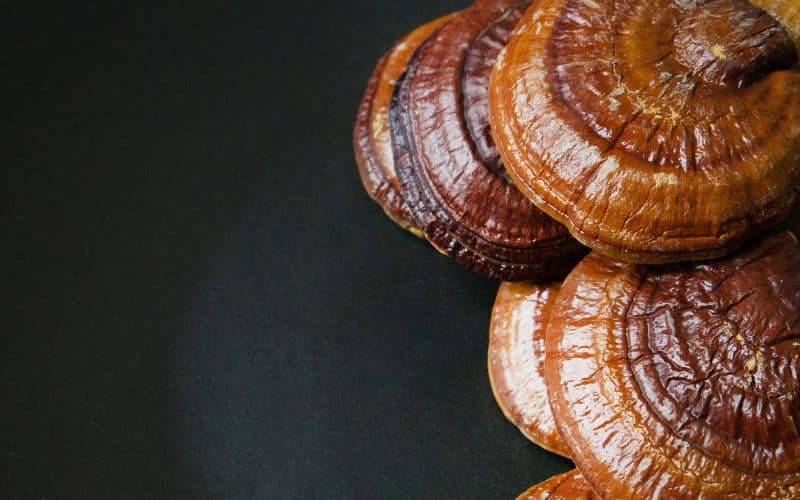
Lion's Mane Mushroom
Lion's Mane (Hirisum) is a medicinal mushroom that has been used in traditional Chinese medicine for many years due to its potential to improve cognitive function. It contains various bioactive compounds, such as arenacins and recinones, which are components with neuroprotective effects that are effective in improving the sleep cycle and sleep apnea in particular.
A study that examined the effectiveness of lion's mane mushroom found that it reduced symptoms of sleep apnea in patients with excess weight and high blood pressure. Sleep apnea significantly affects the quality of sleep, especially during the stage of sleep called REM sleep. This study suggests that lion's mane mushroom is beneficial for improving the sleep cycle.
Trametes versicolor (scientific name: Trametes versicolor)
This fungus is also called turkey tail due to its many colors and unique appearance that resembles a rooster's tail. It is considered a very effective medicinal mushroom for improving sleep quality due to its rich content of polysaccharides, which are properties that strengthen the immune system. Trekky Trail It also contains various bioactive compounds, including triterpenes and ergosterol, which calm the nervous system and help promote more continuous and restful sleep.
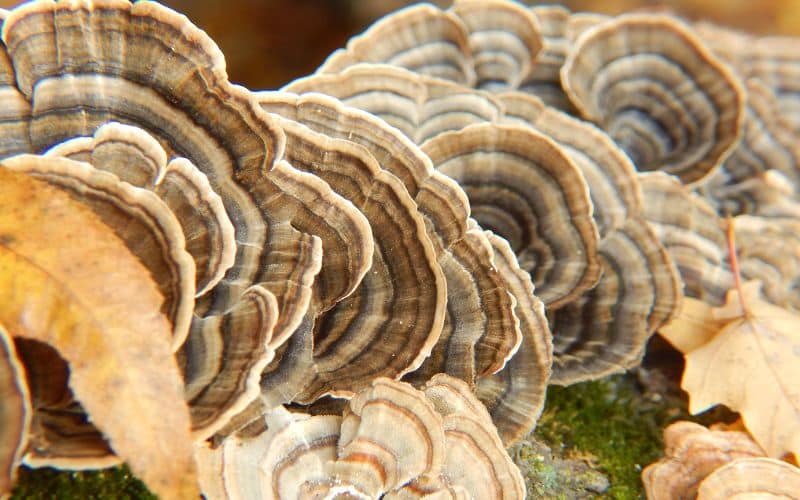
In conclusion, medicinal mushrooms have enormous potential to improve our quality of life, and many studies prove their effectiveness in improving sleep quality and treating various sleep disorders, as we have detailed here in the article.
**The above is general information and should not be considered a substitute for professional advice. In any case of sleep problems, appropriate medical advice should be sought.

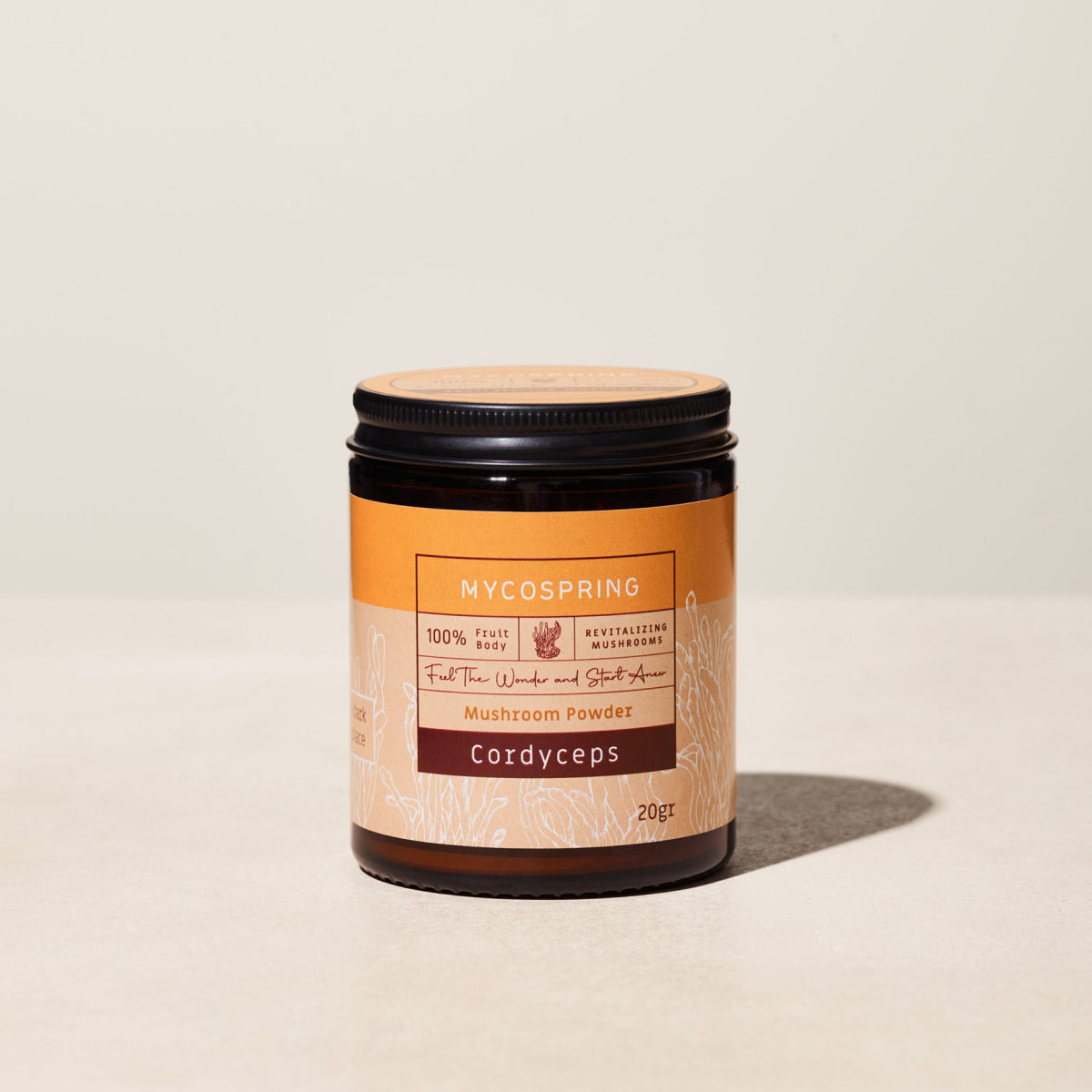

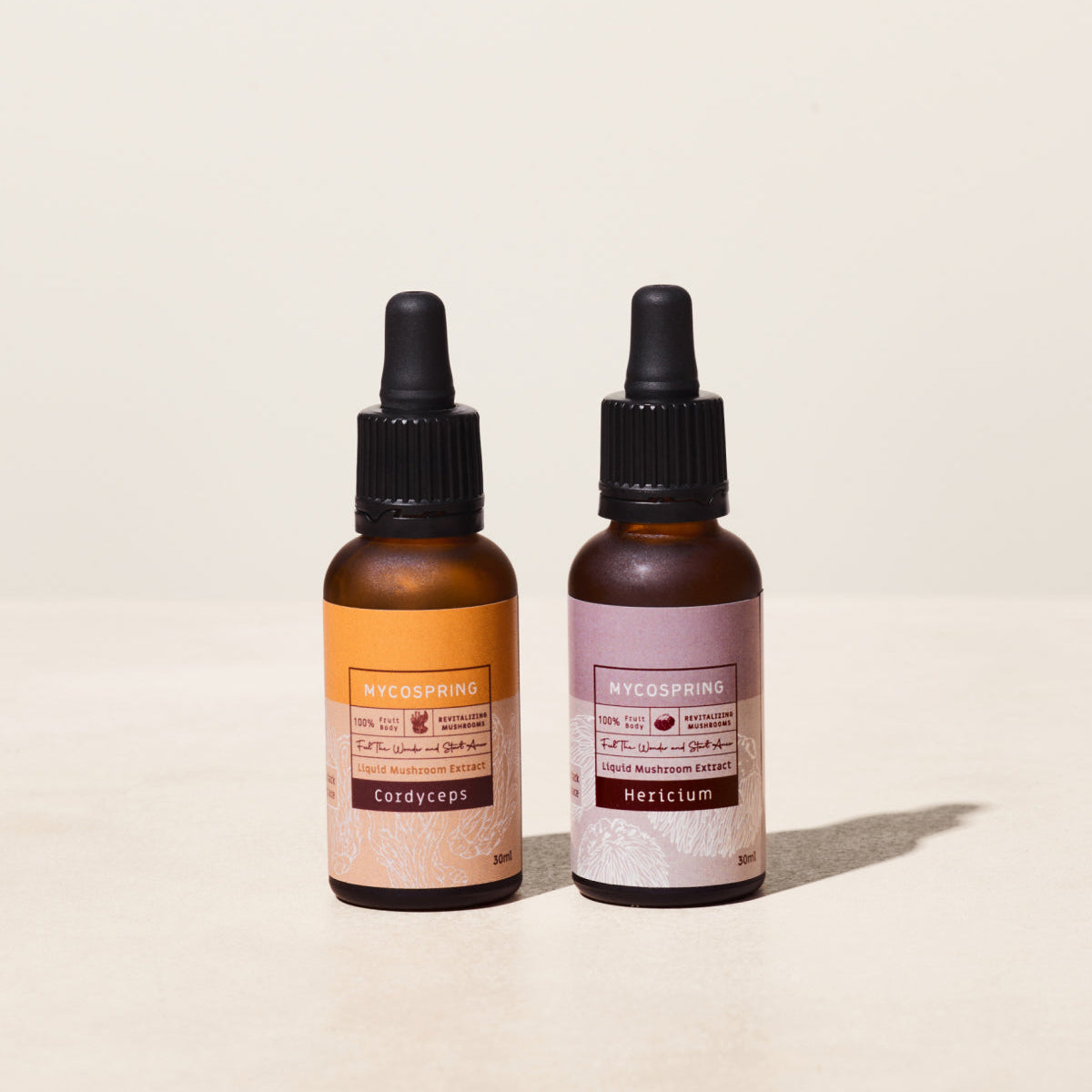

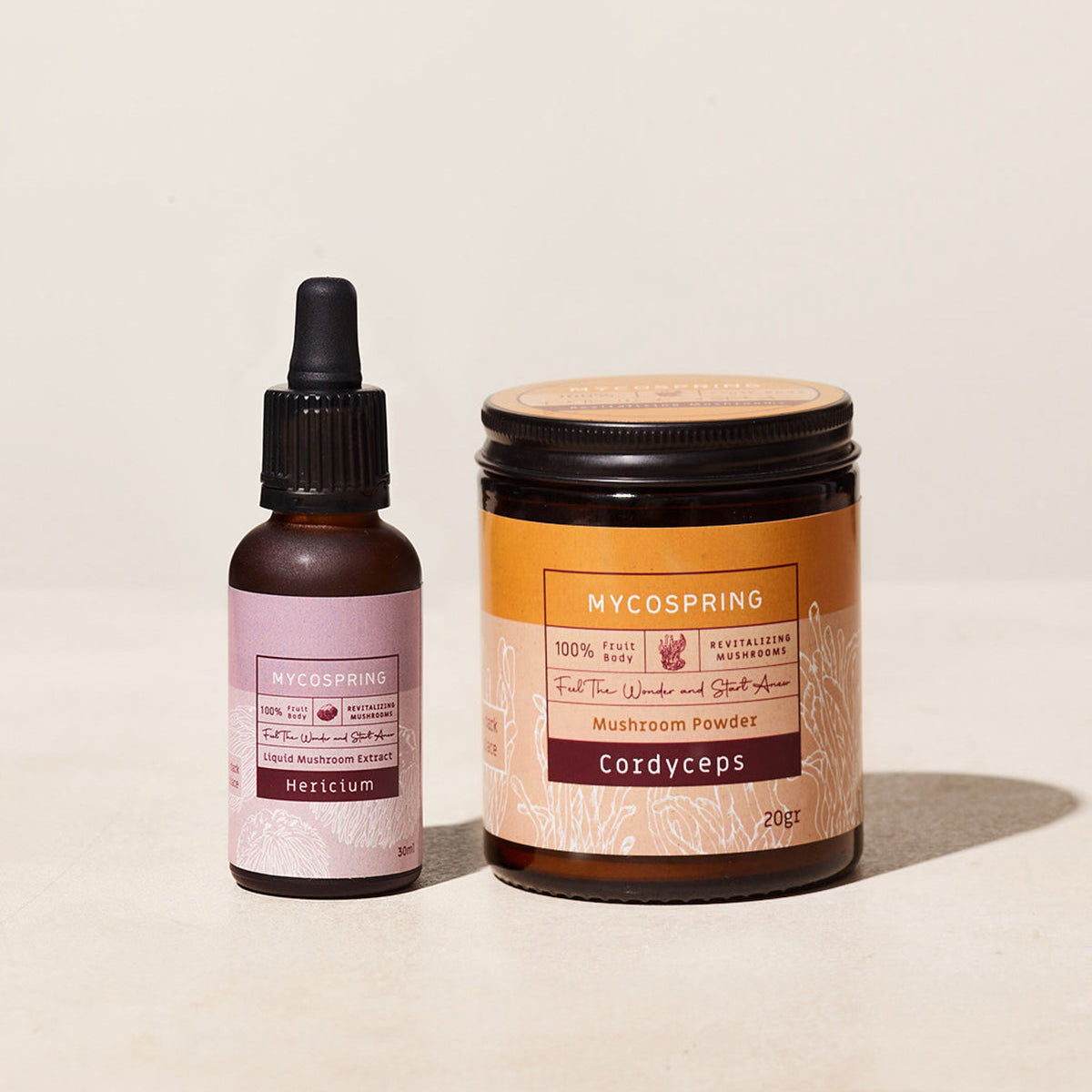
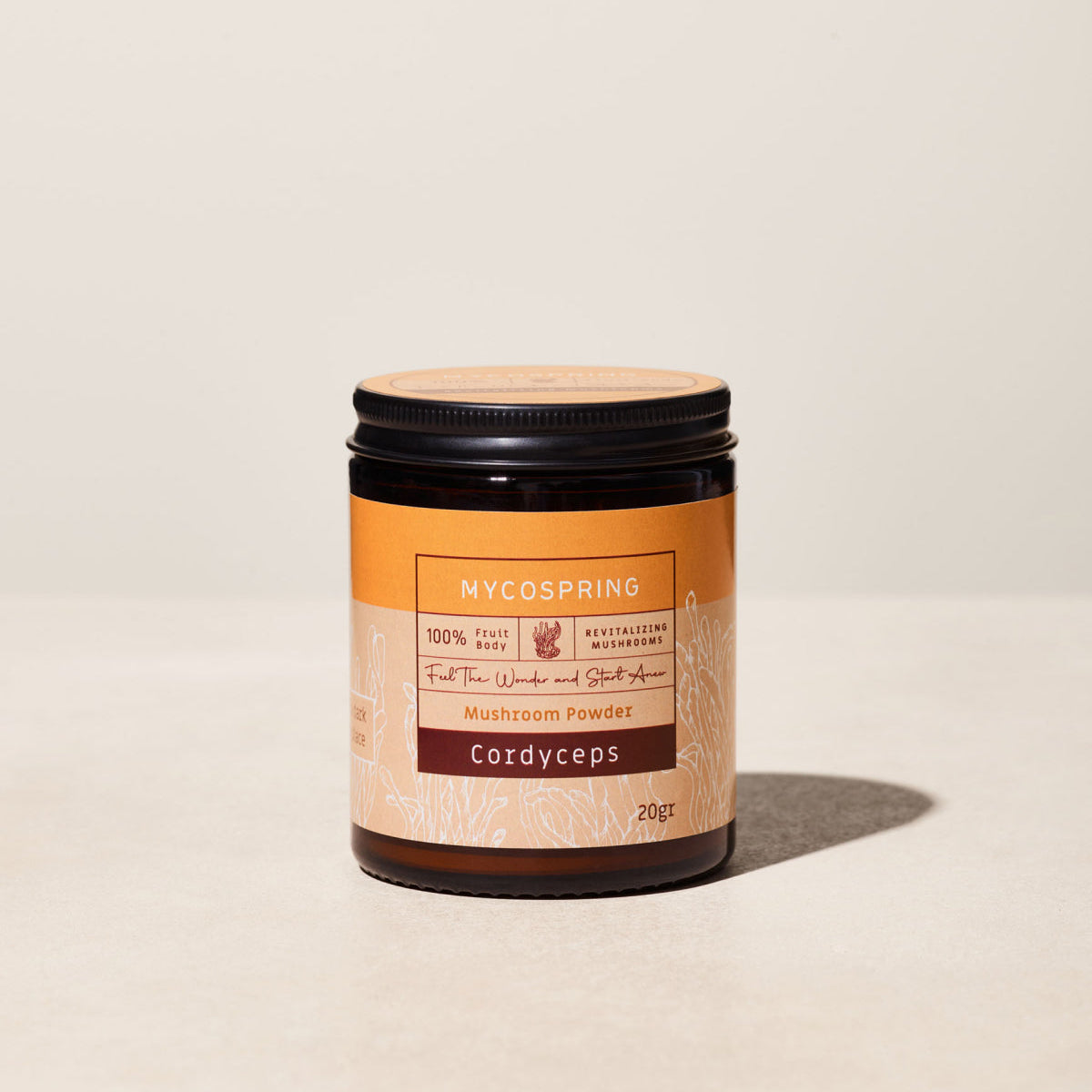
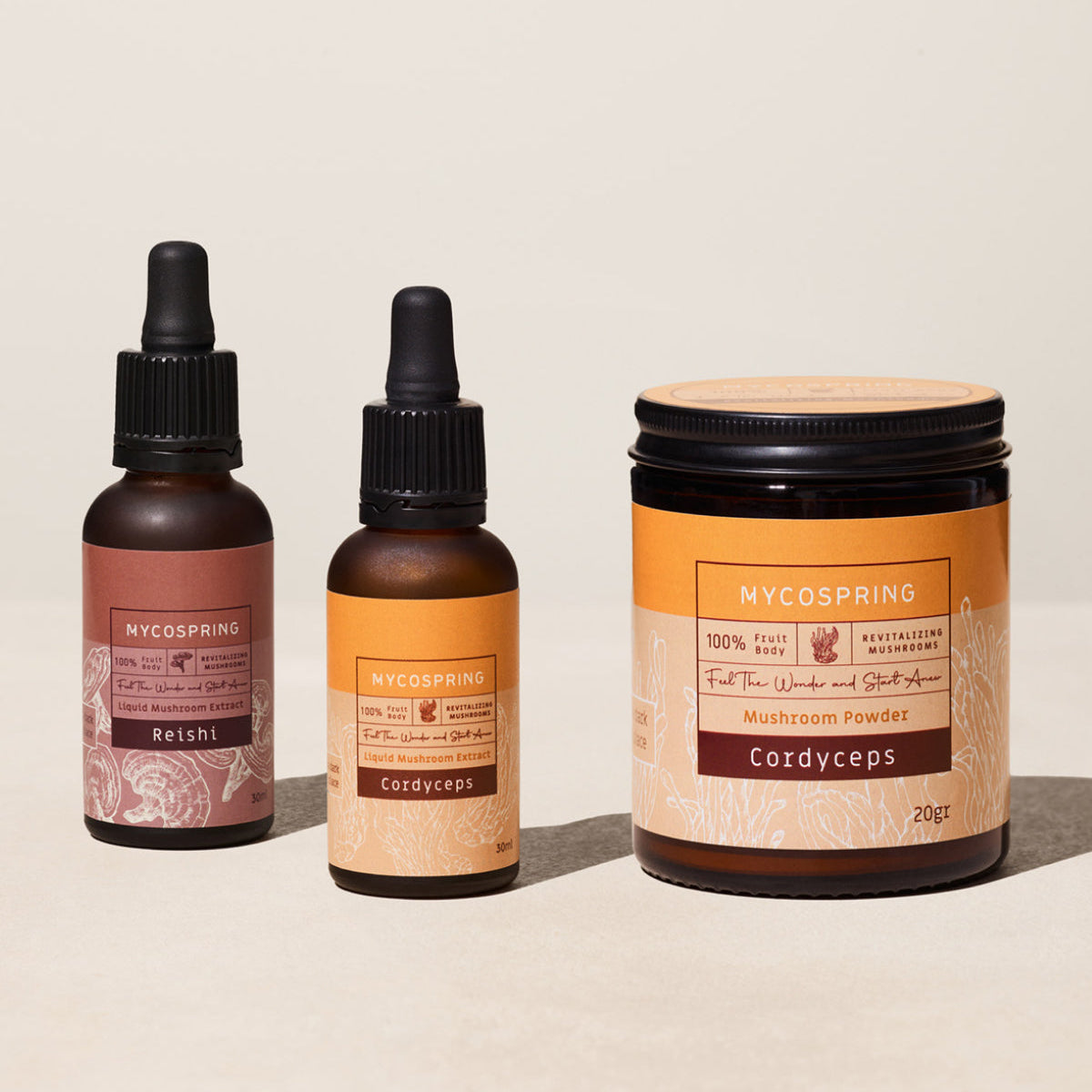
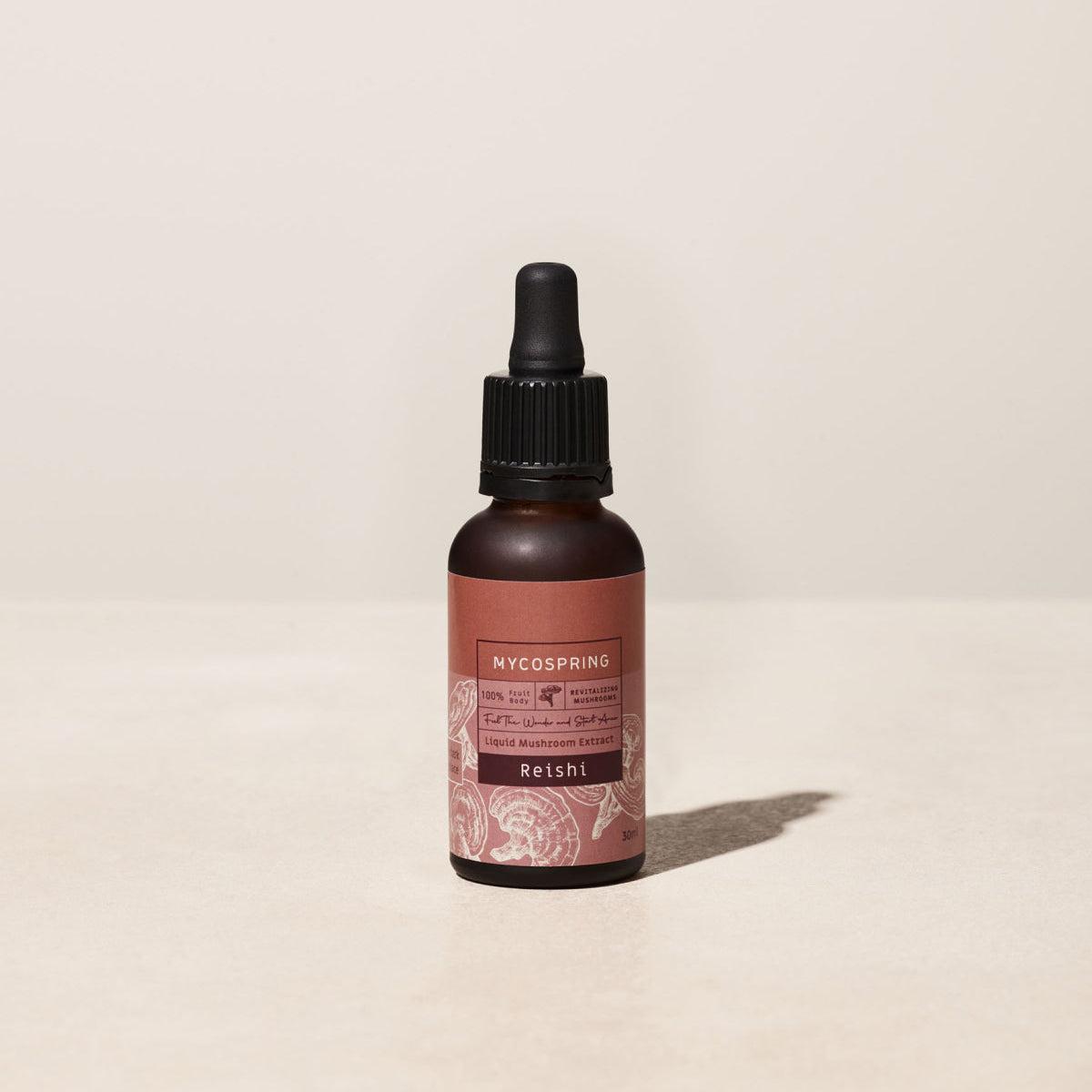
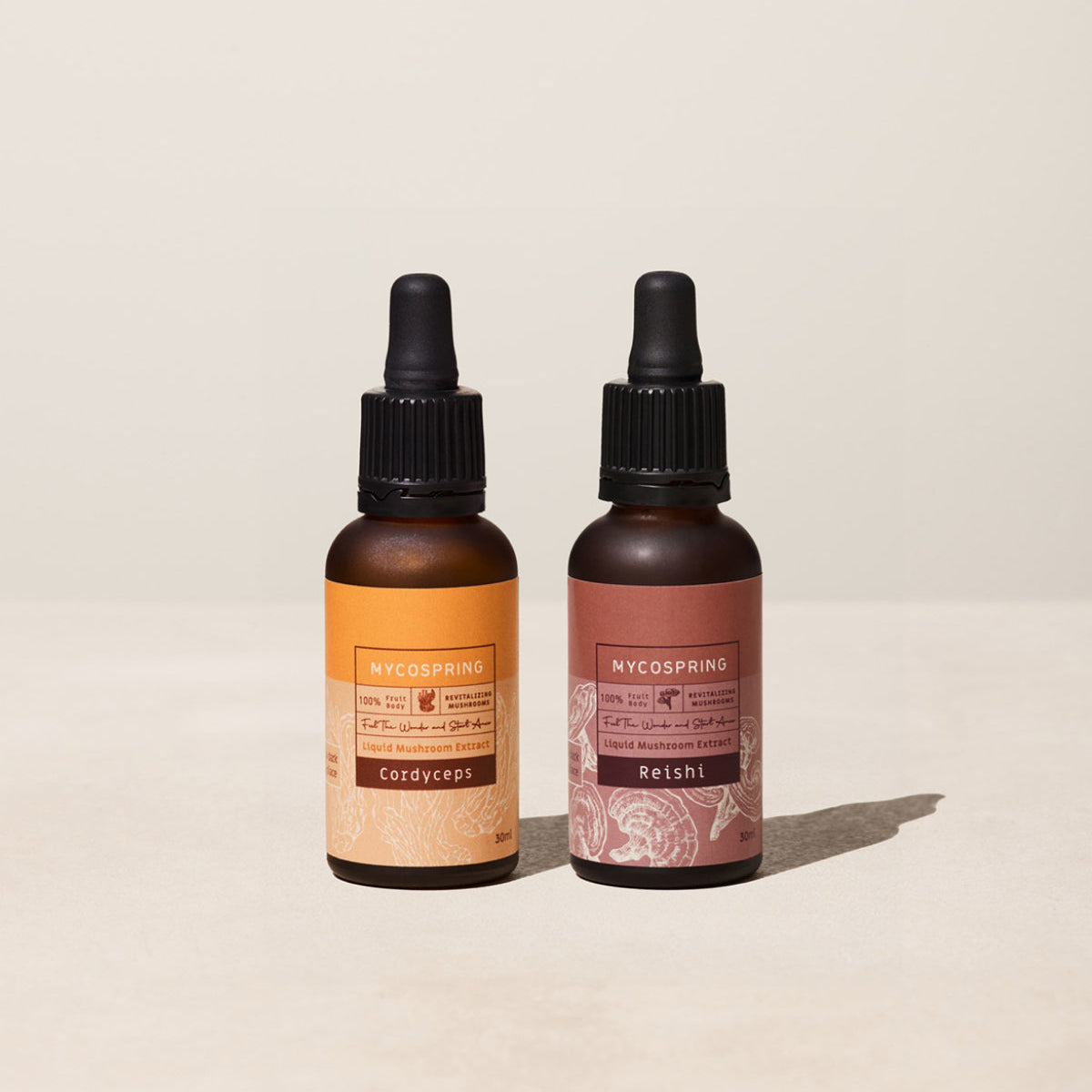
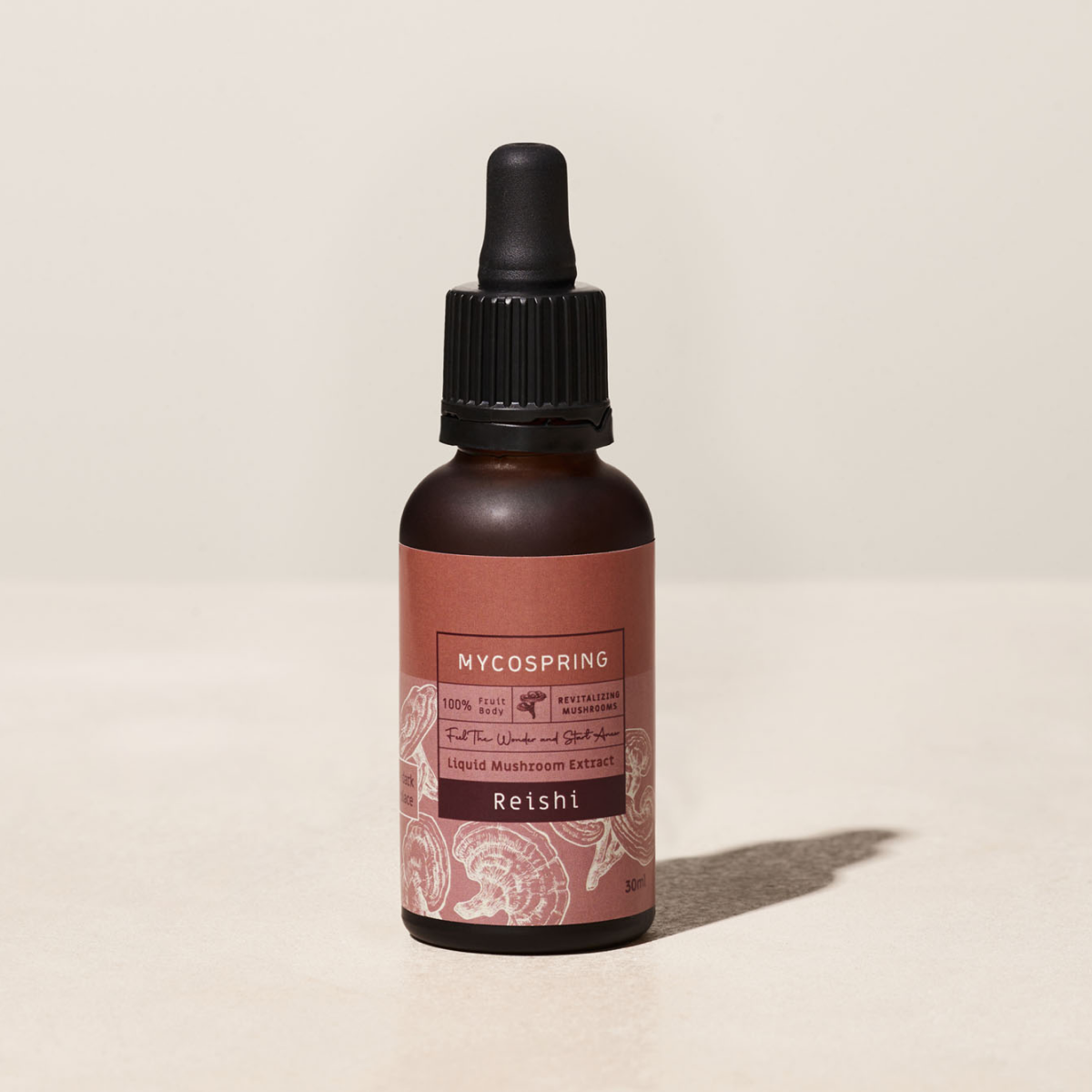
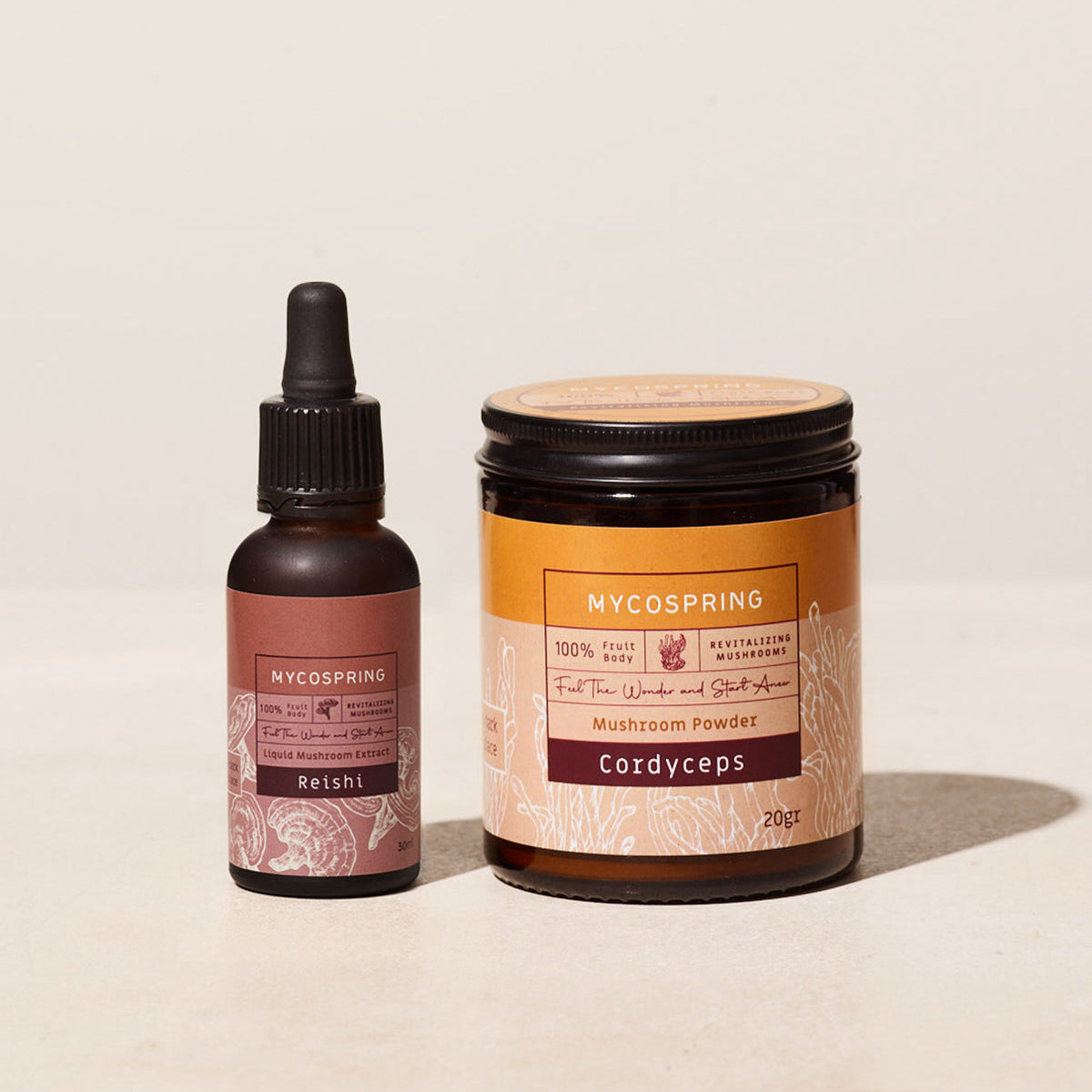

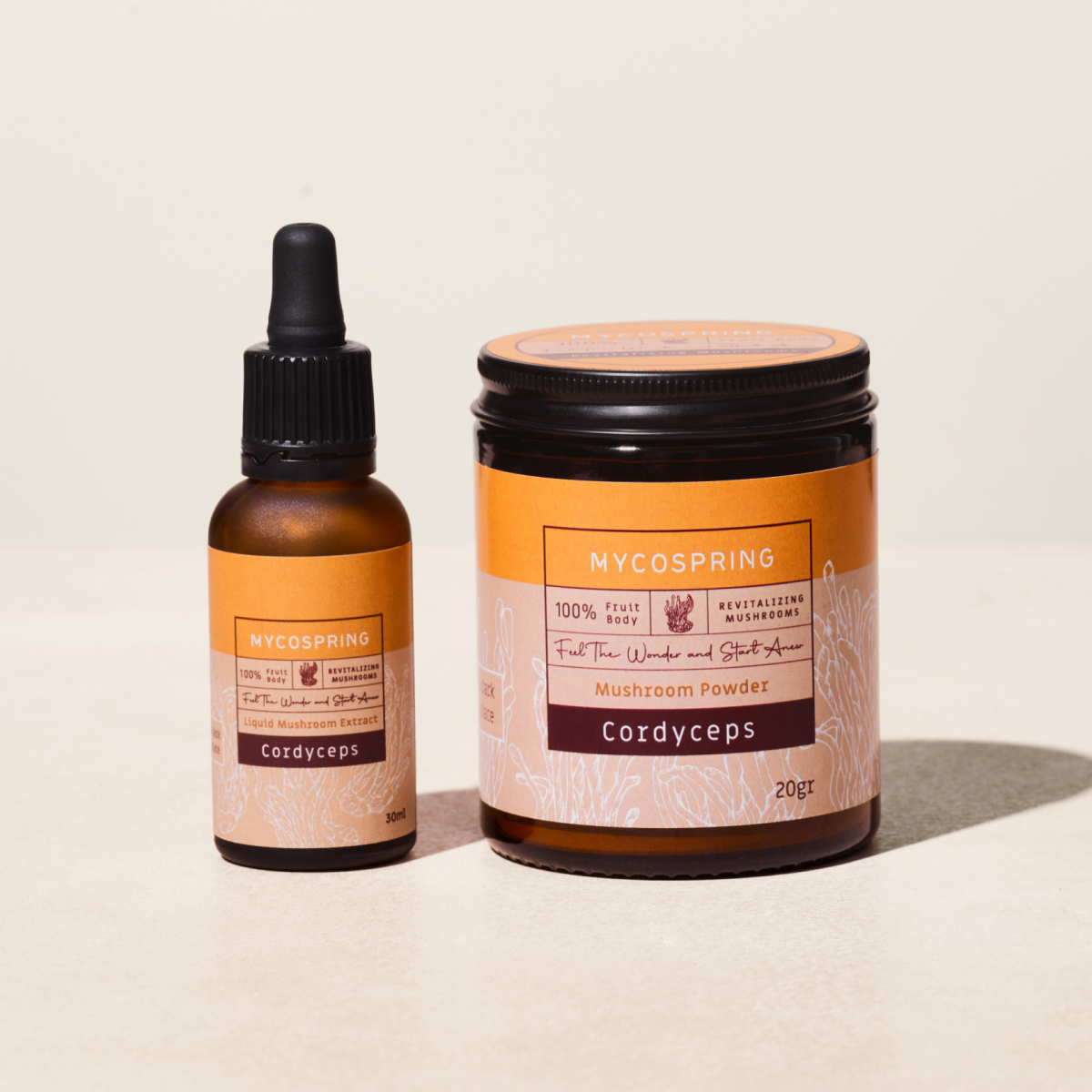
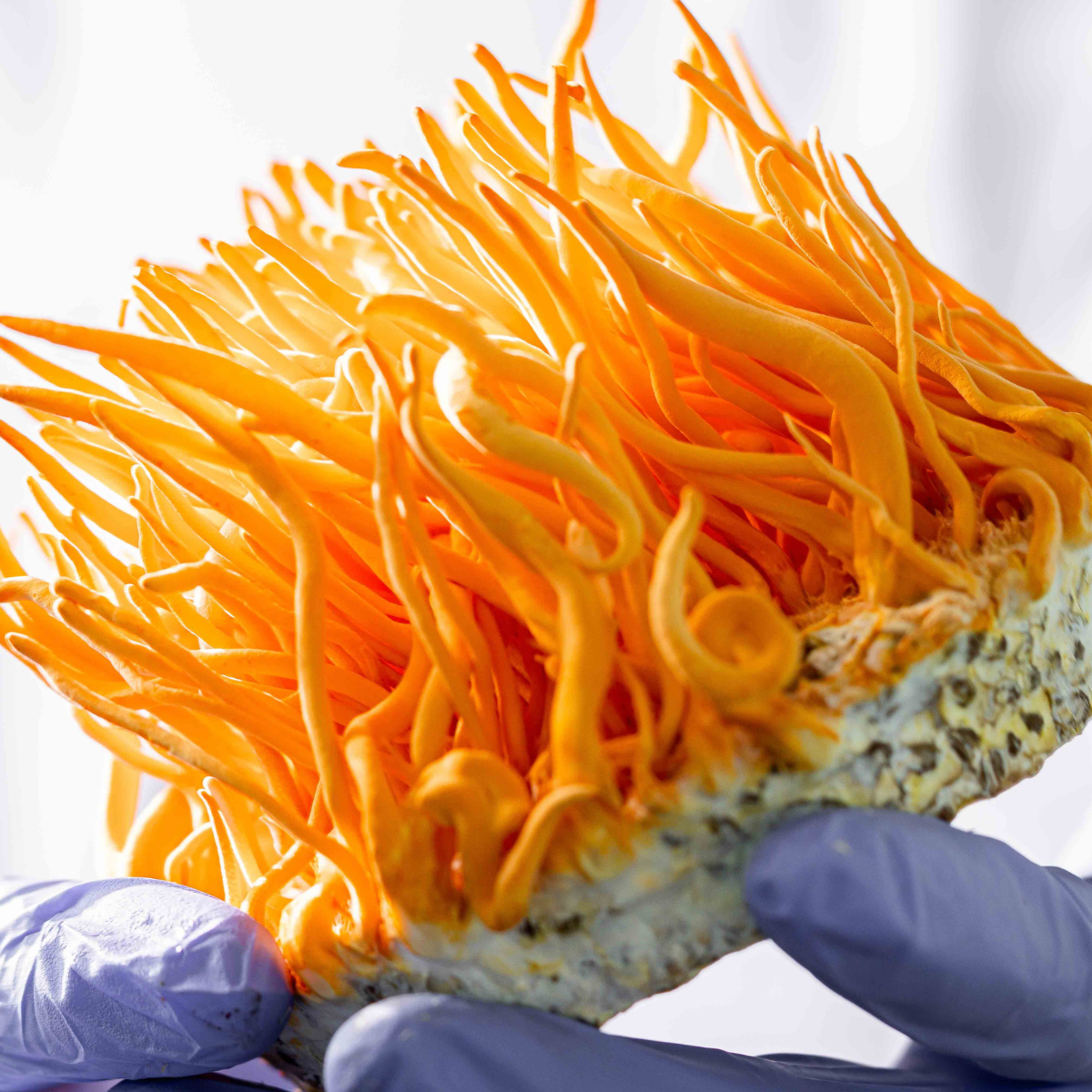
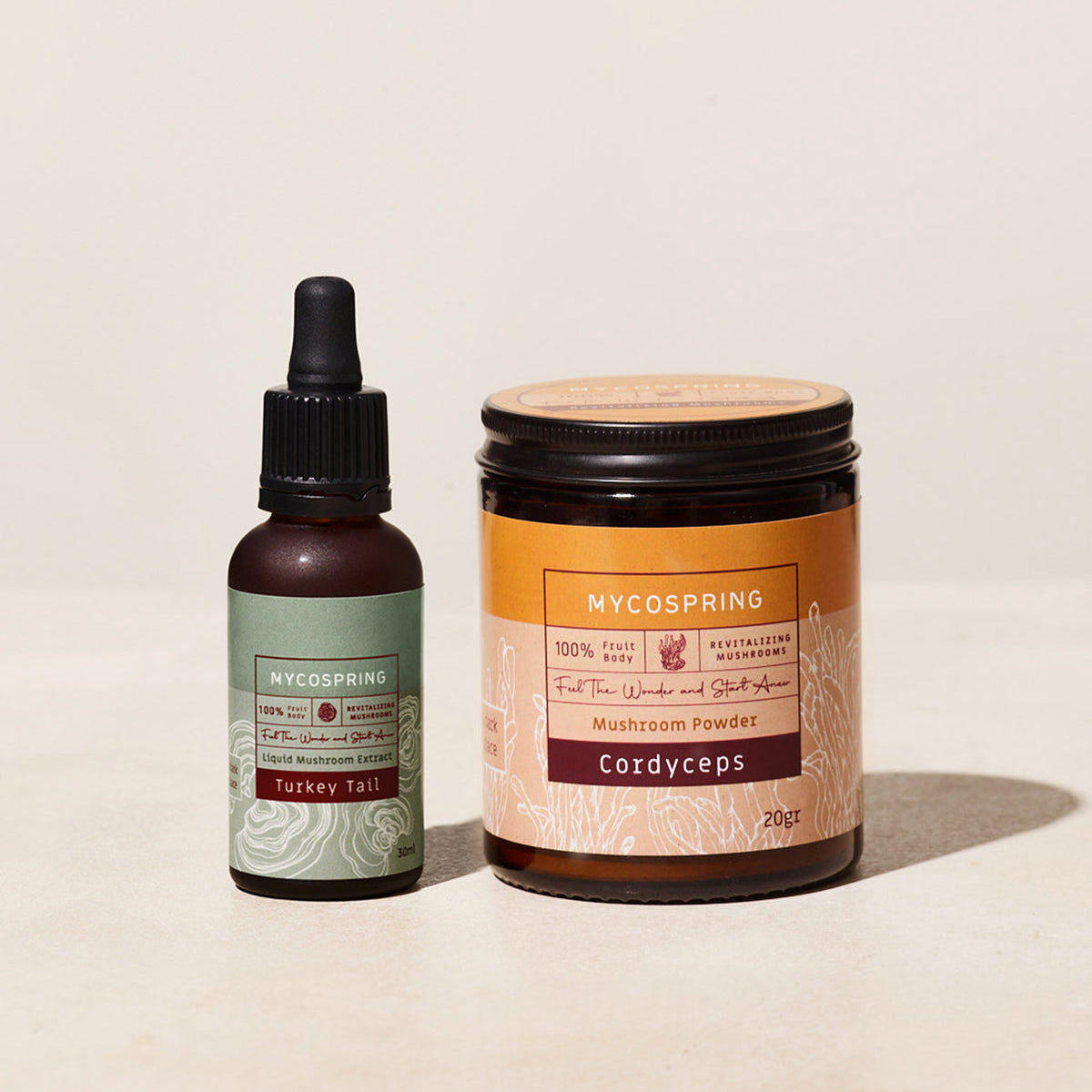
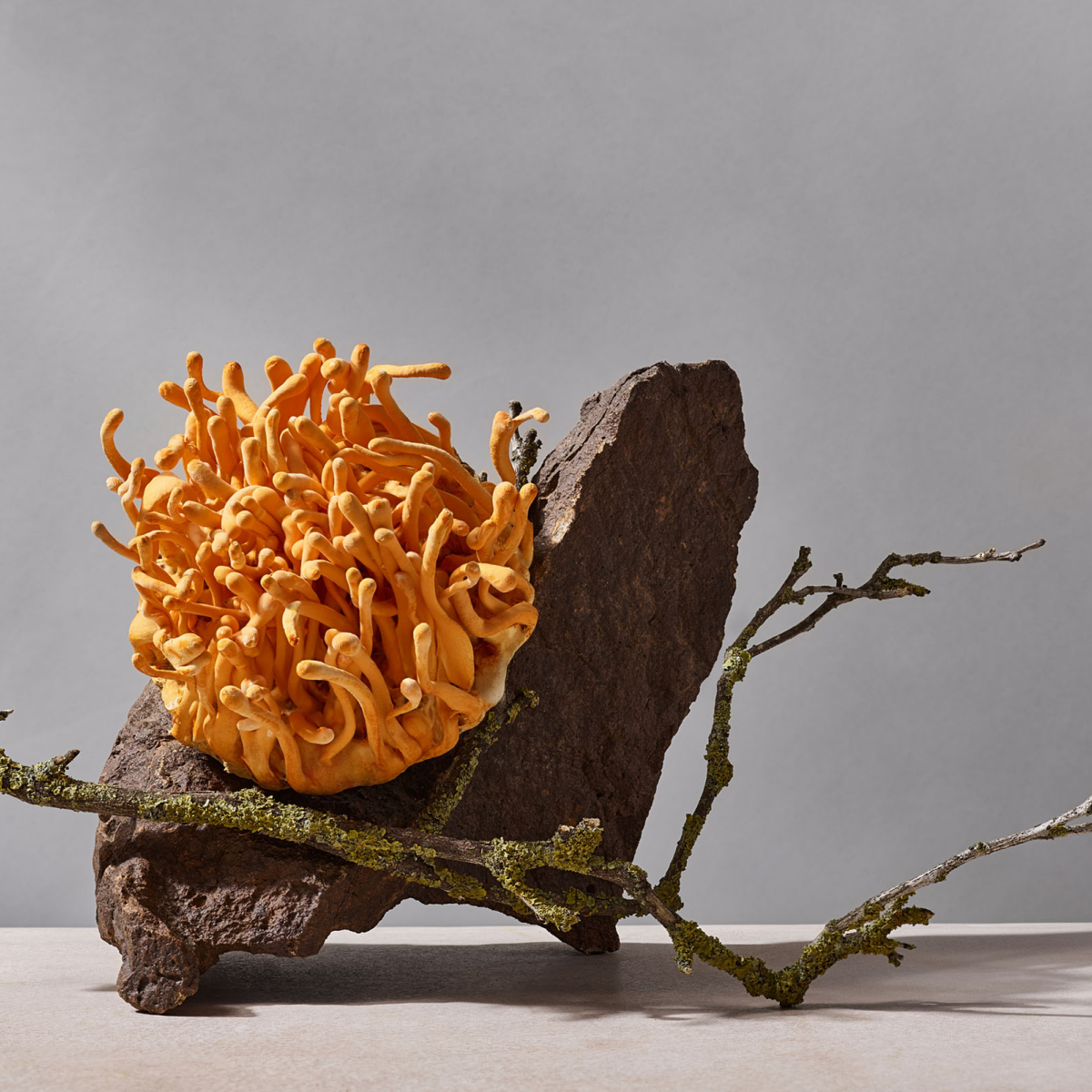
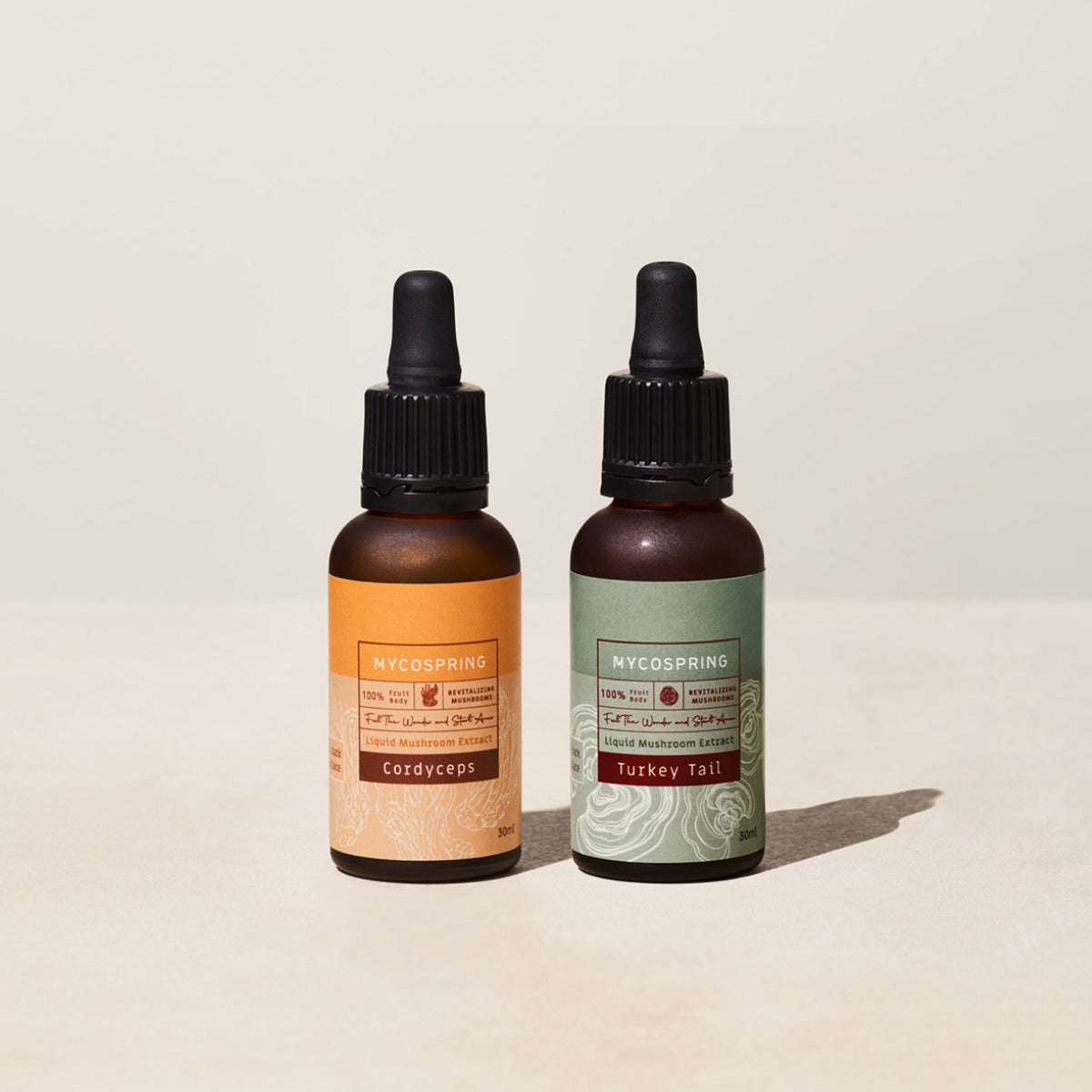
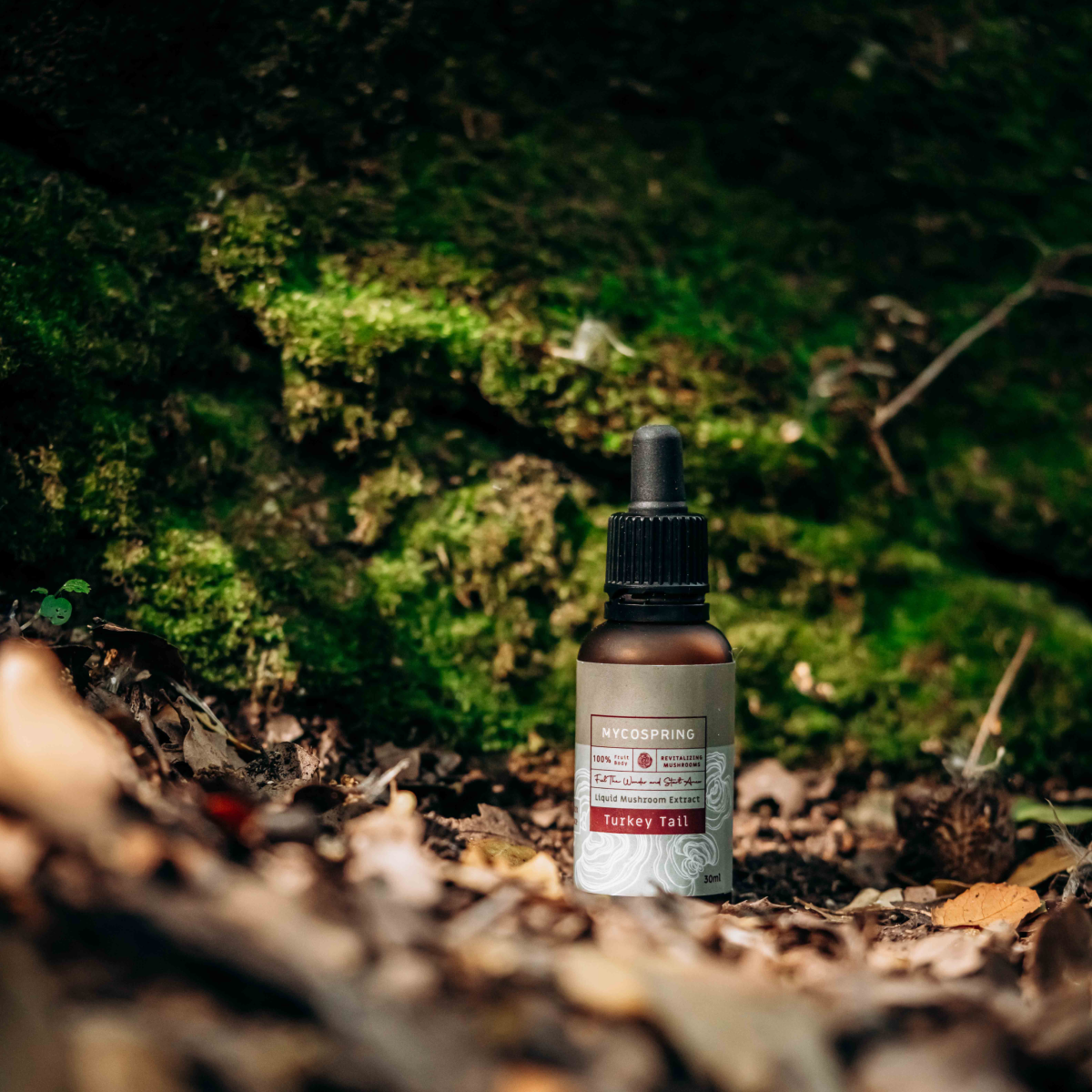
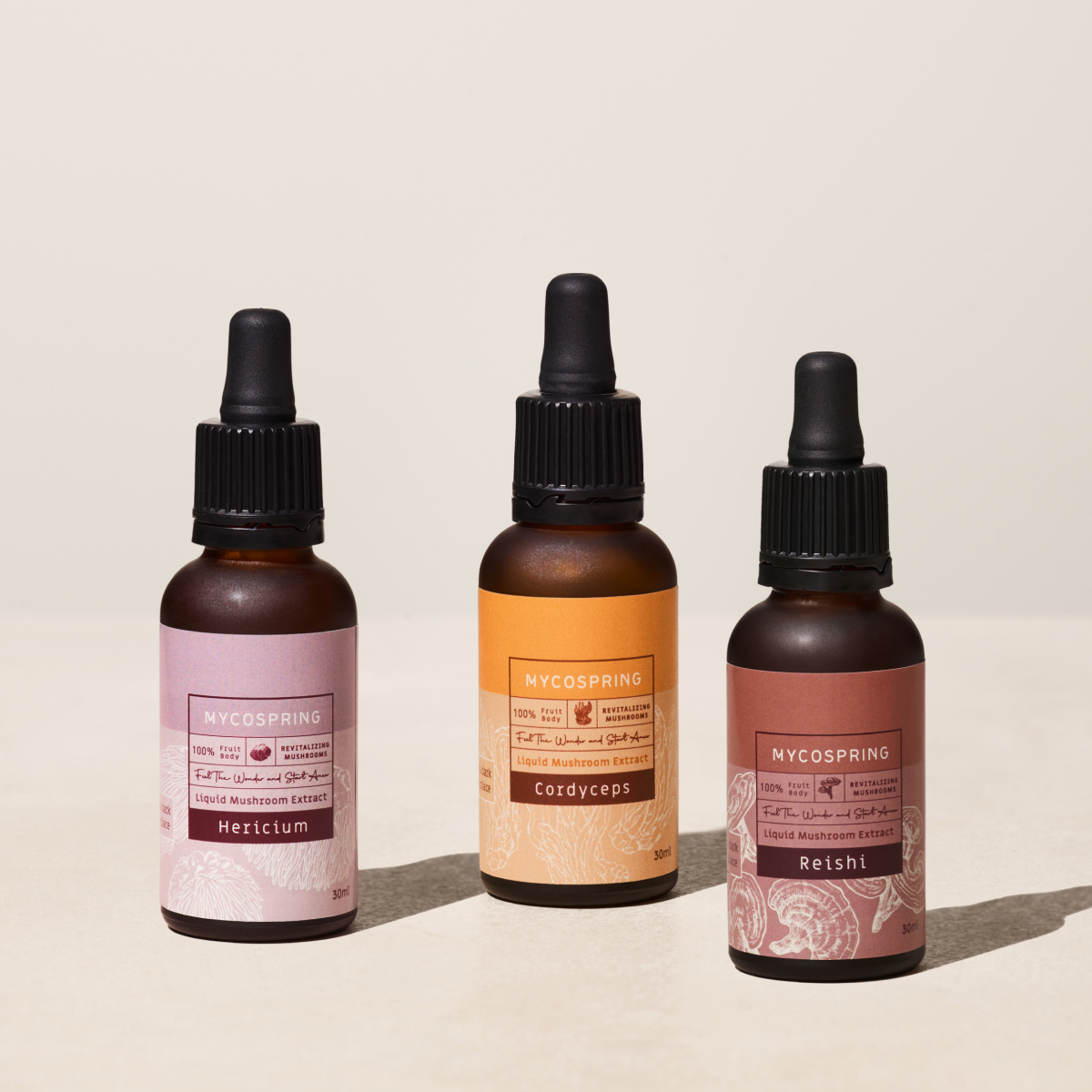
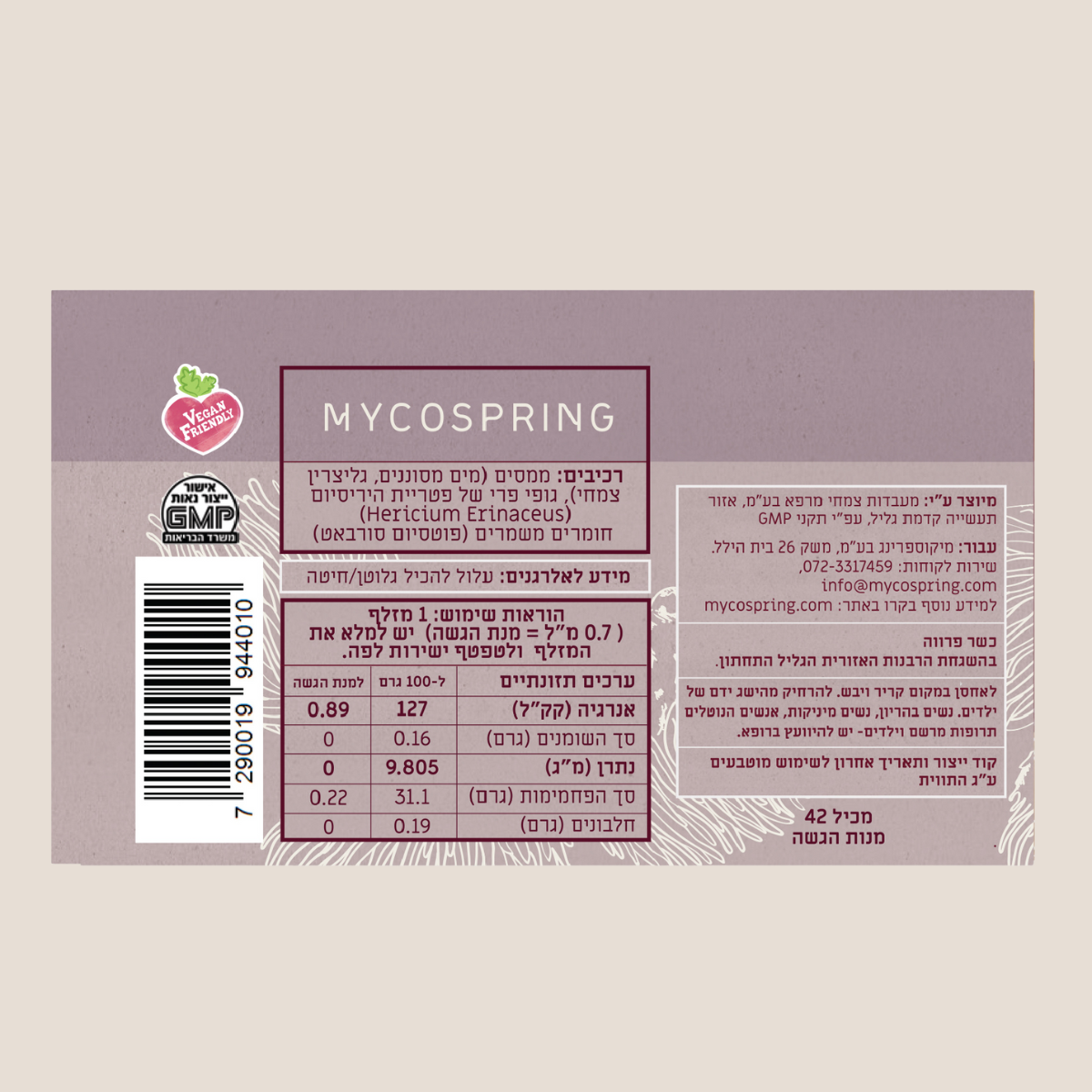
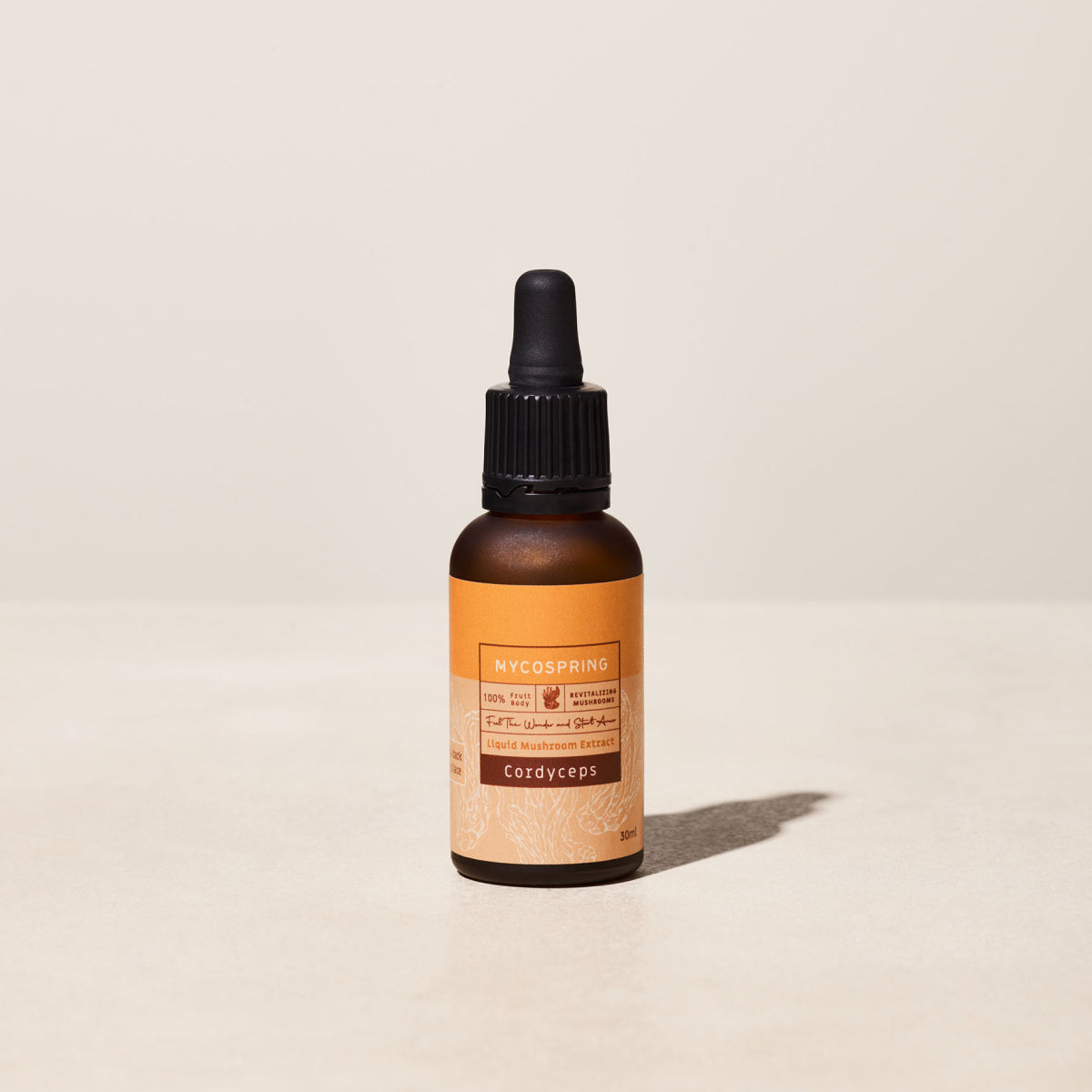

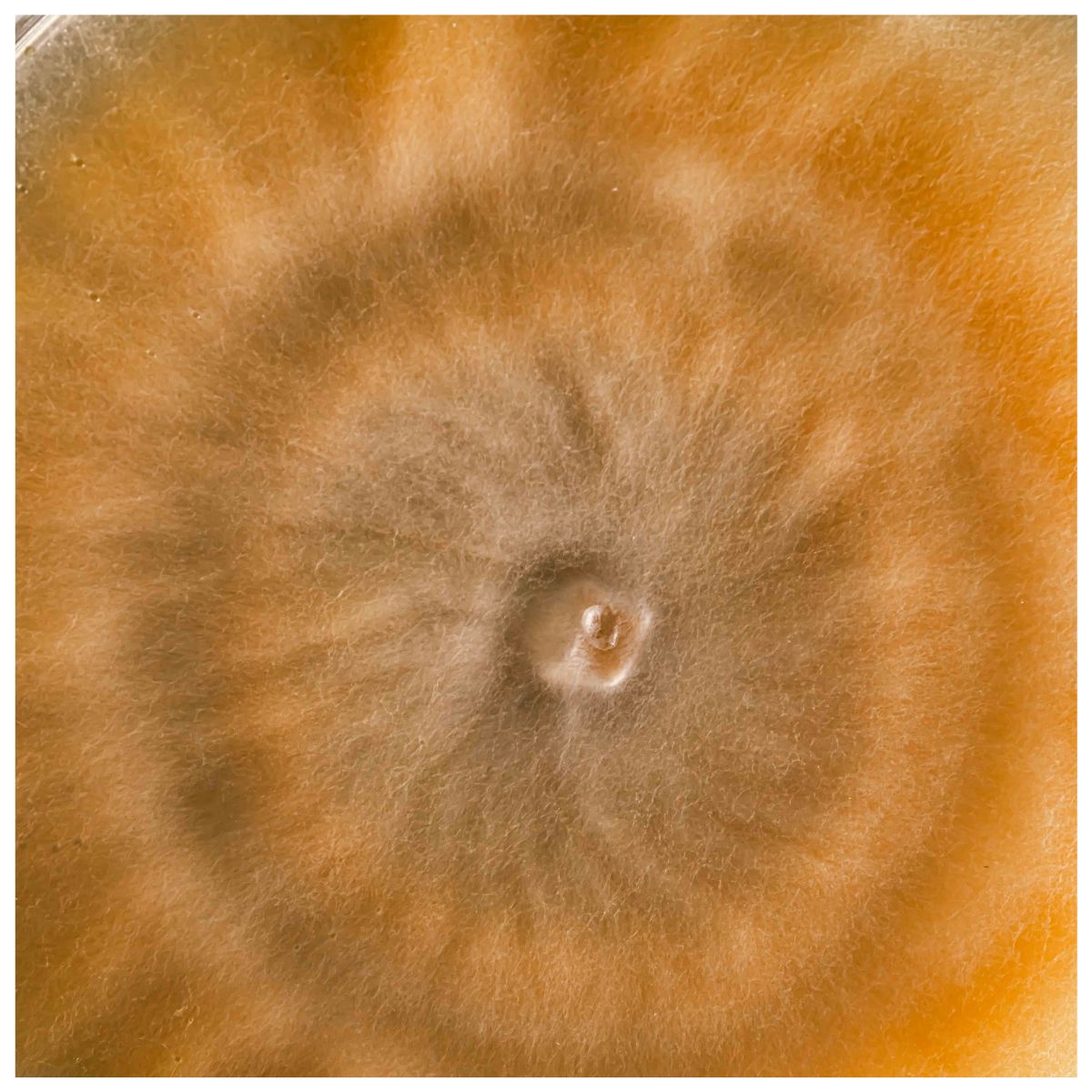
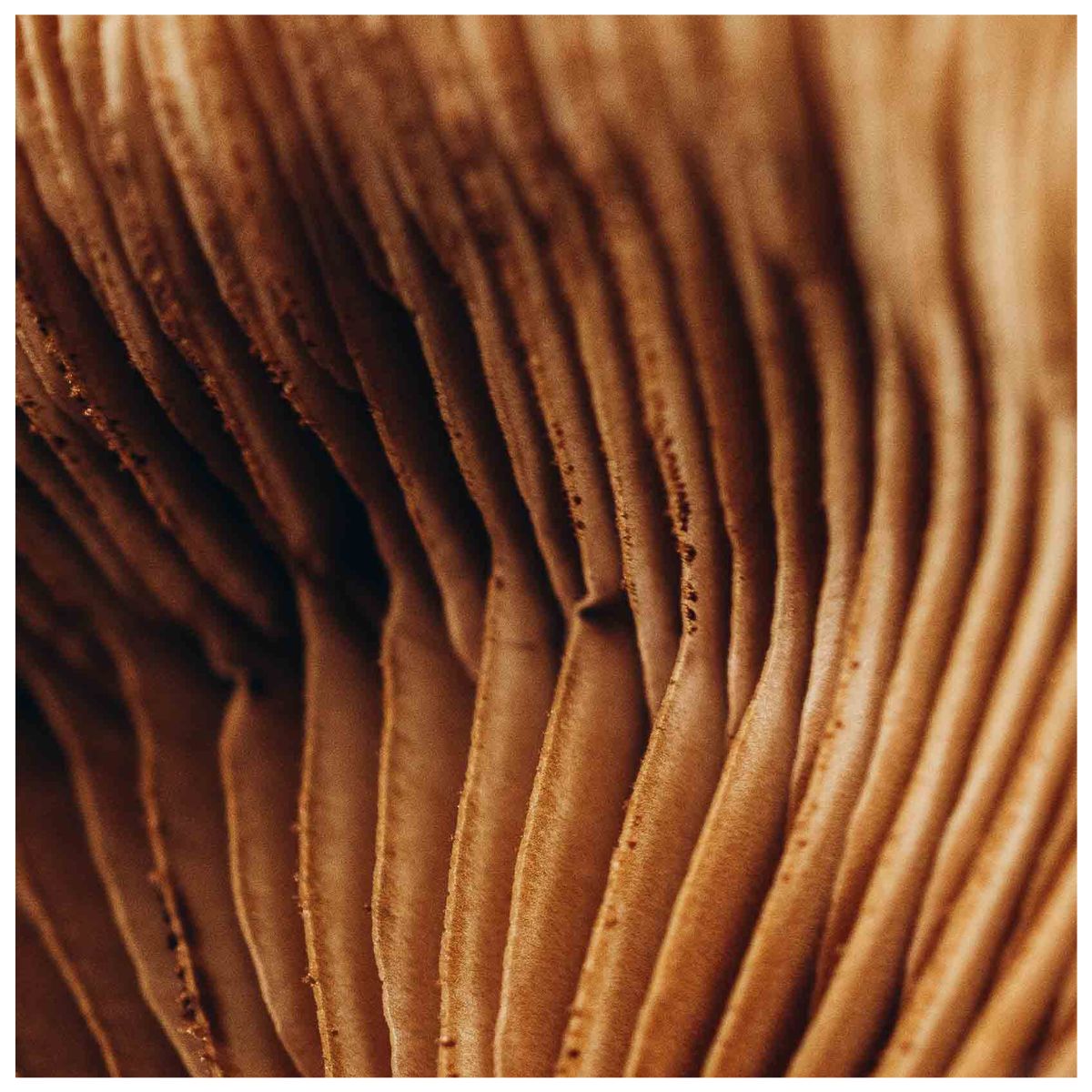


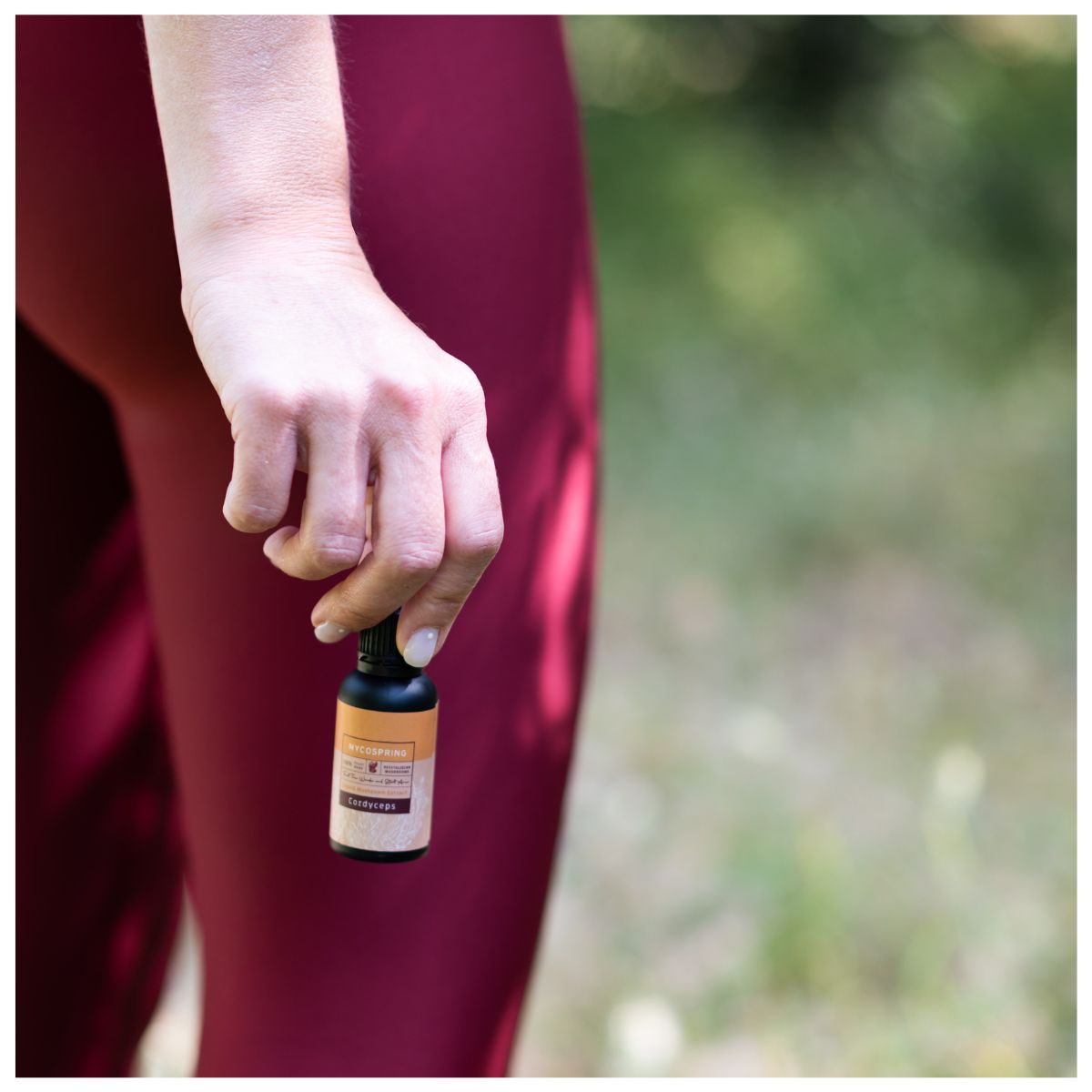
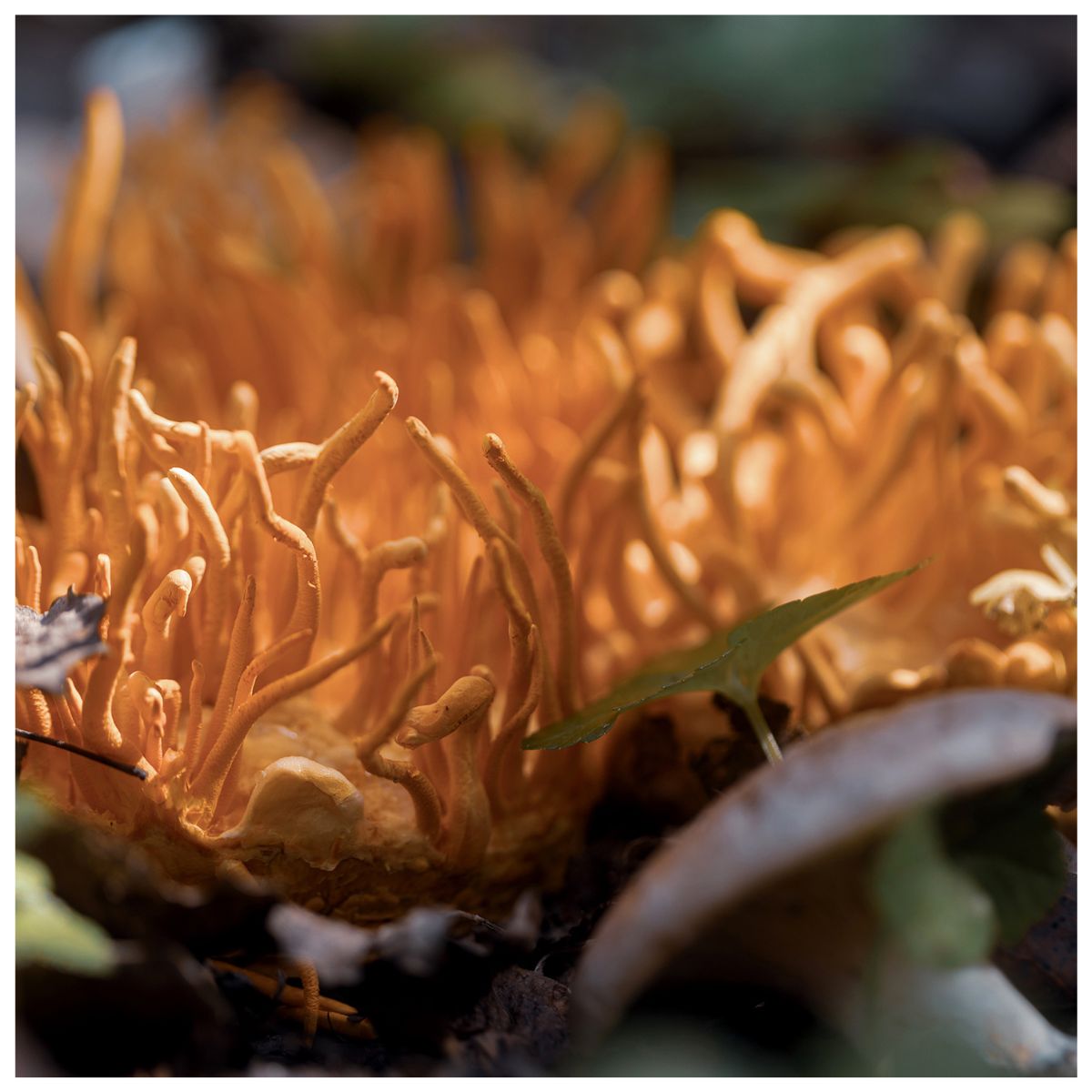
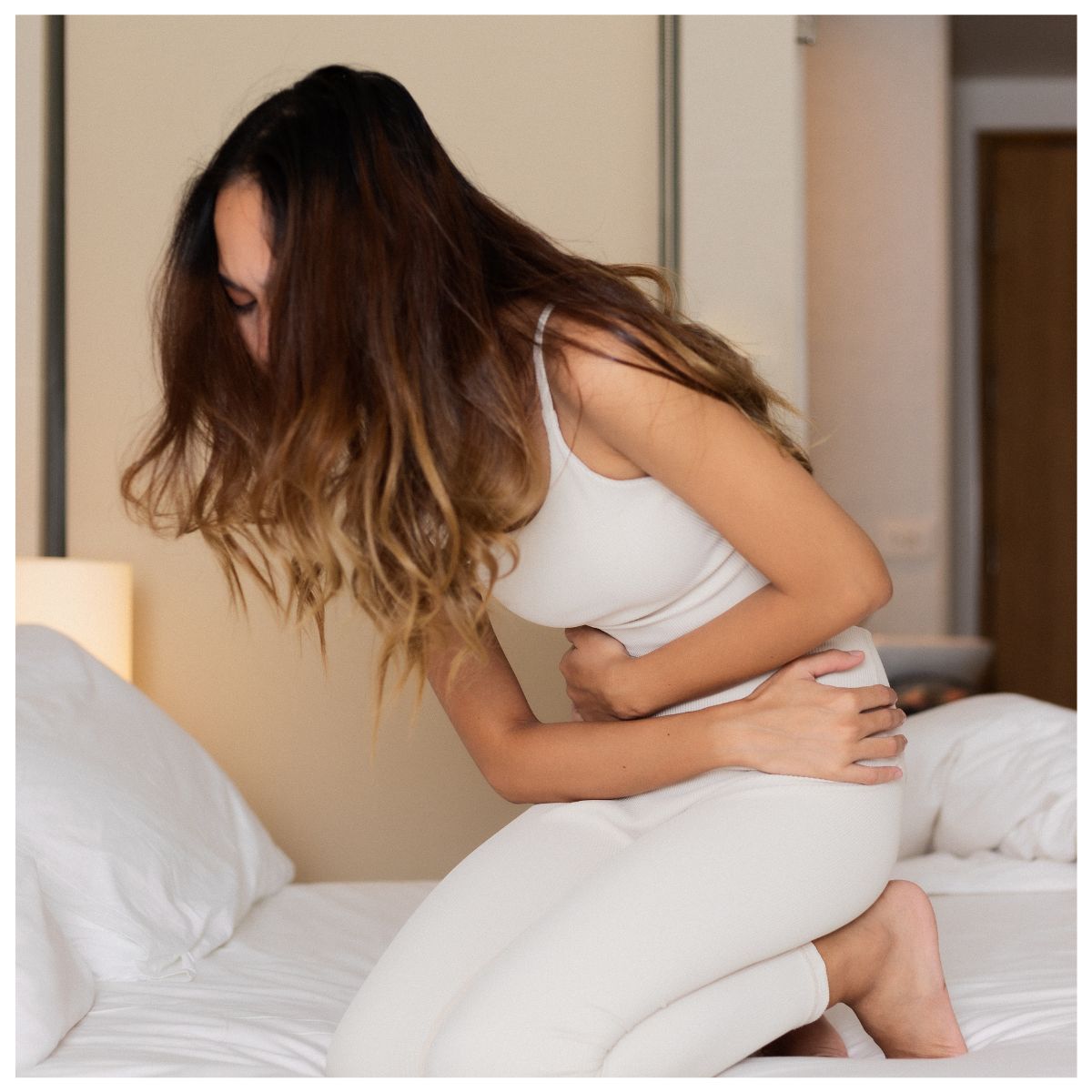
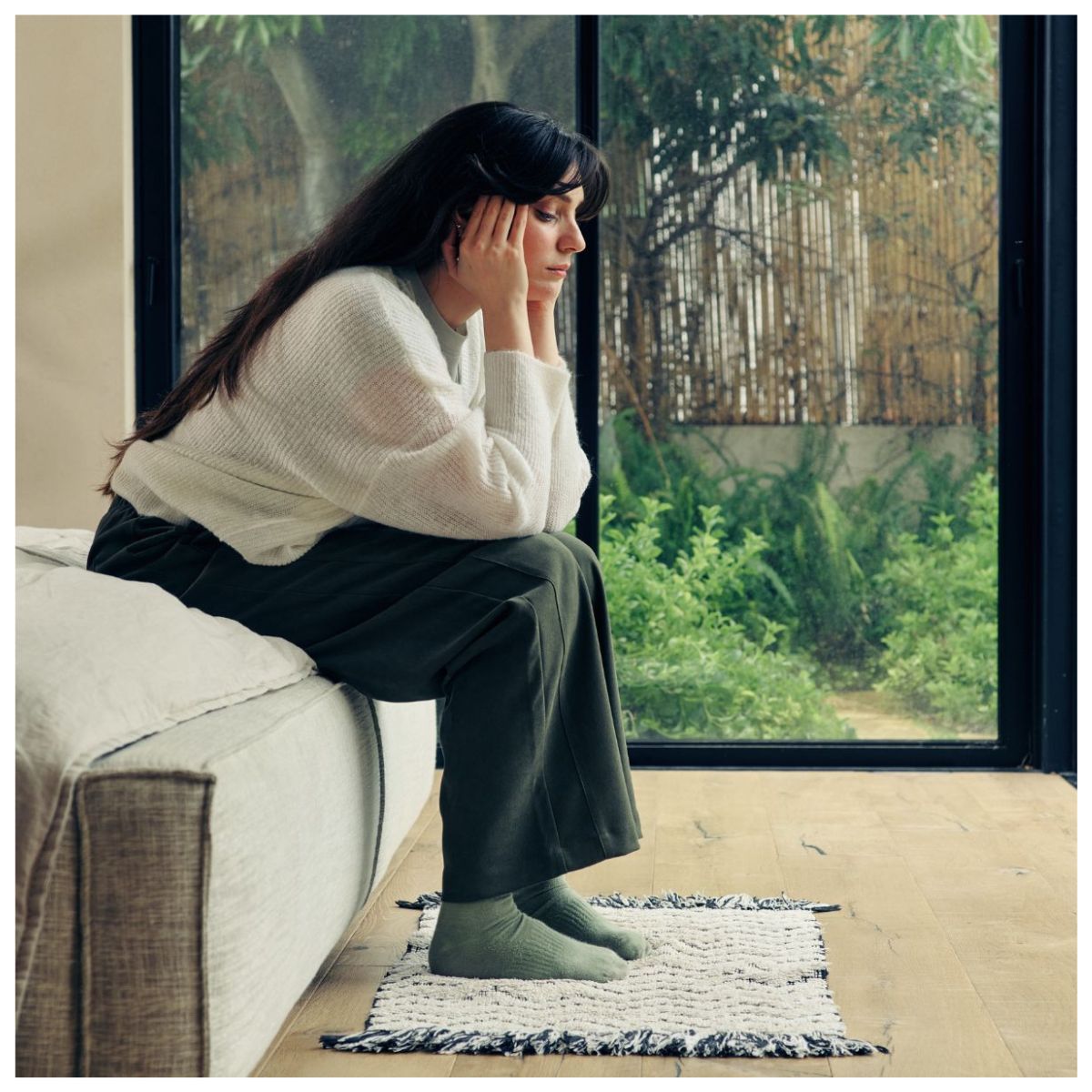
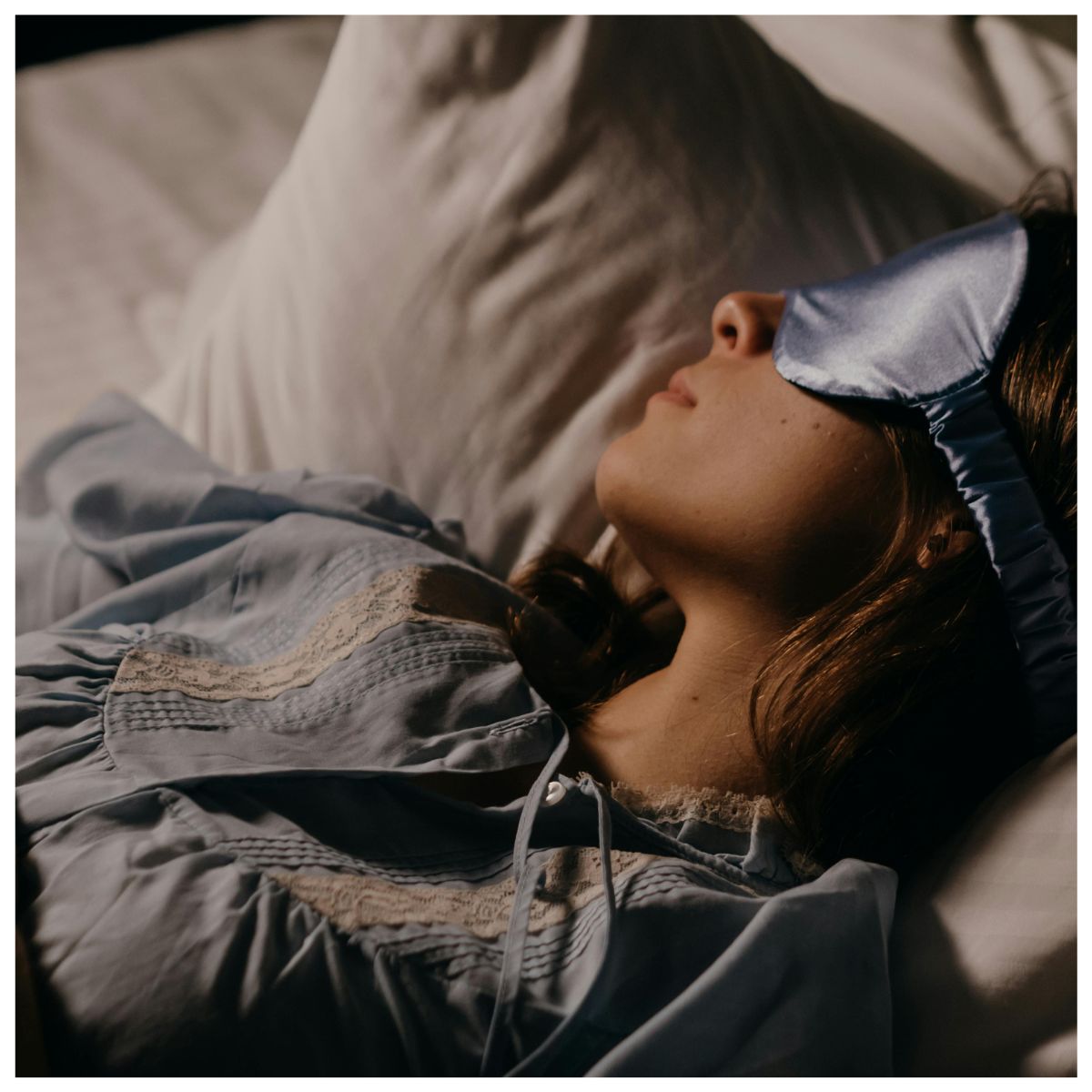

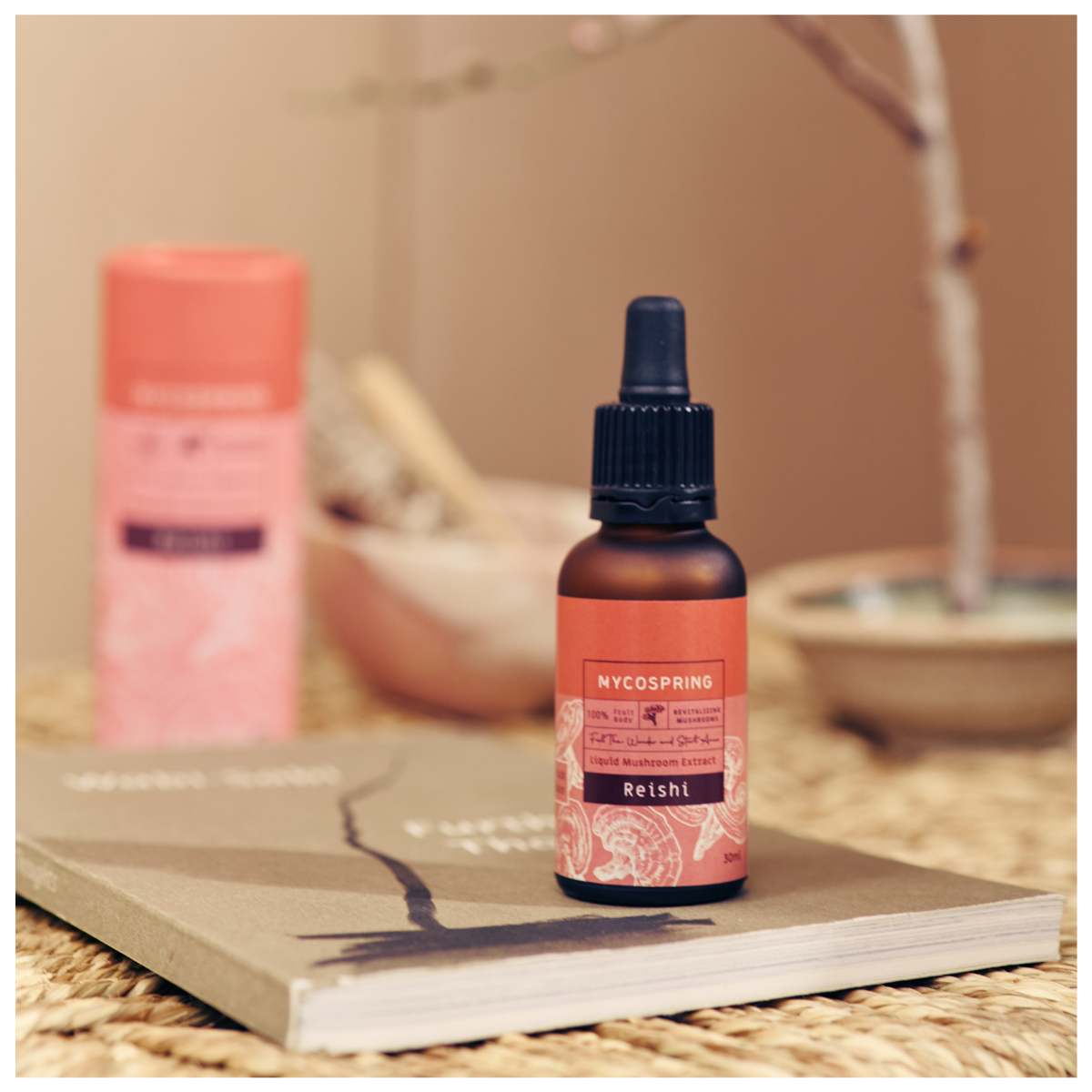
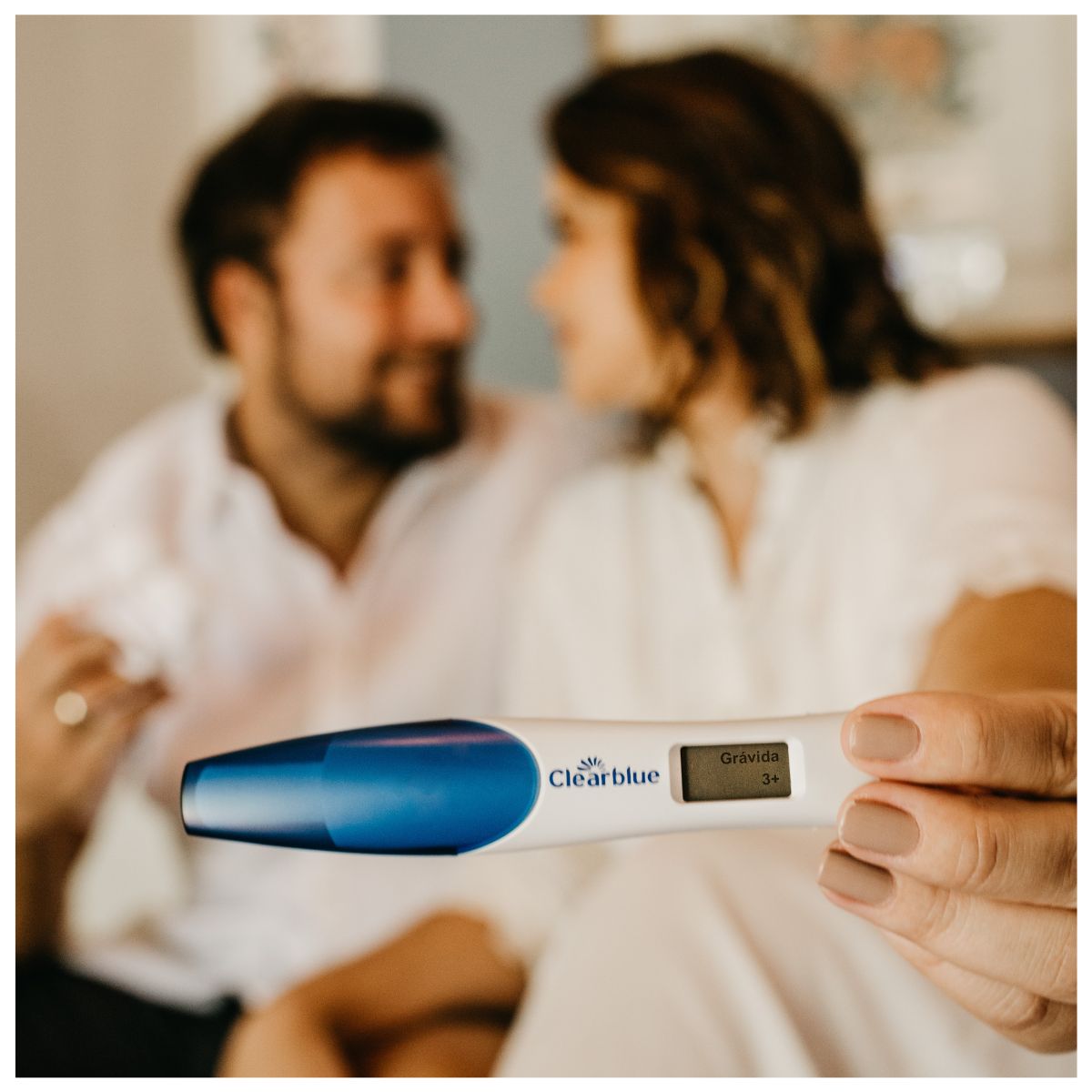

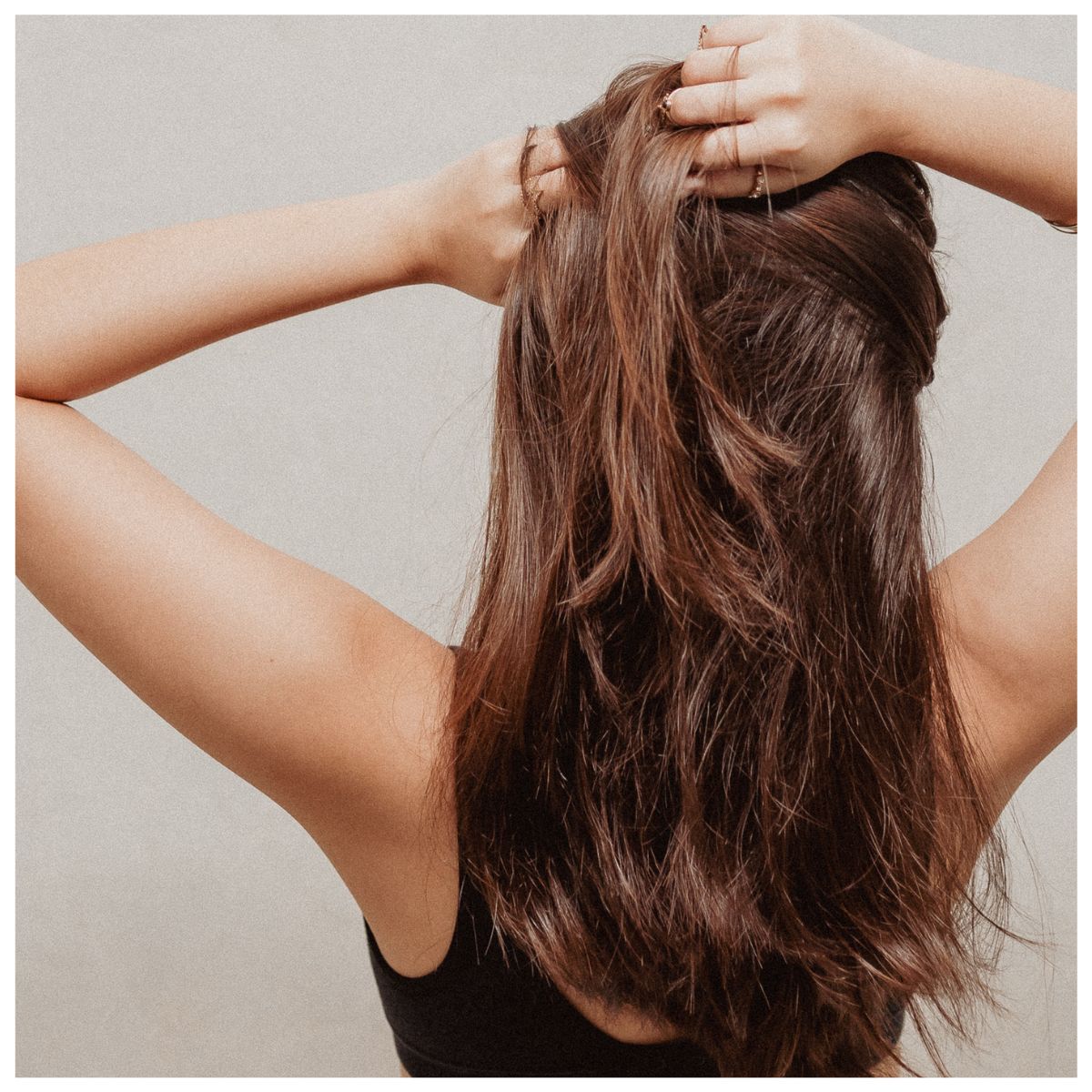


Leave a comment